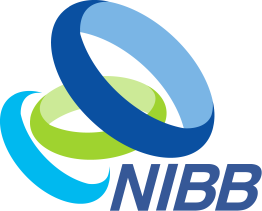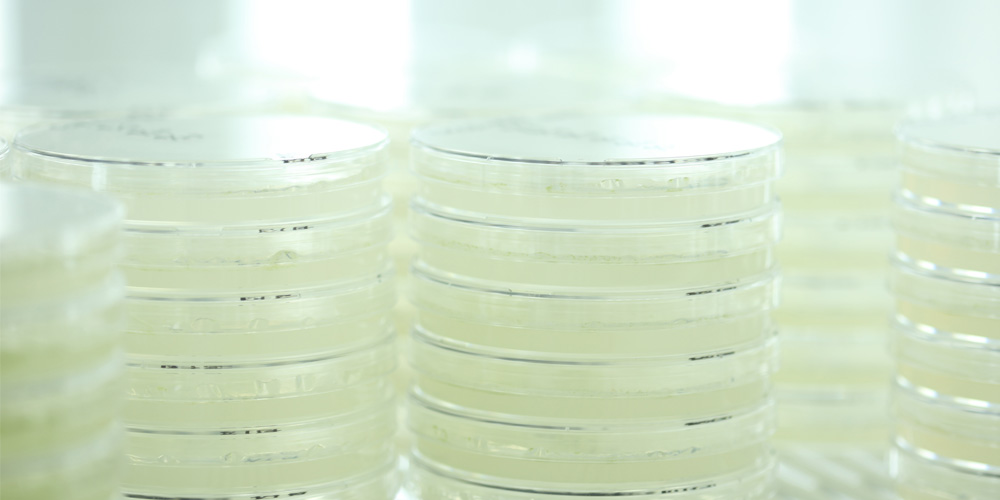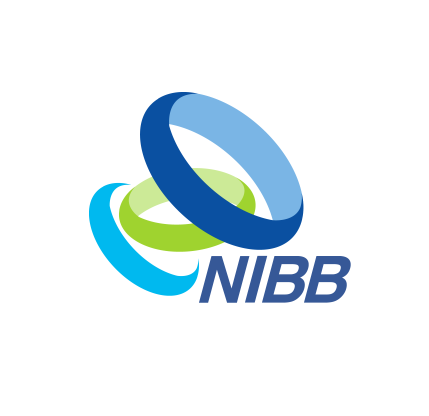National Institute for Basic Biology (NIBB) has signed an academic exchange agreement with the Centre for Organismal Studies (COS) Heidelberg, Germany, to conduct basic research in the fields of biological sciences. Upon the formalization of this agreement, both institutes will start an international collaborative research project focusing on the mechanism and evolution of light sensing in cnidarians. This project will be financially supported by National Institutes of Natural Sciences.
In this collaborative research project, a new emerging model organism, sea anemone (
Aiptasia sp.), will be used. Consequently, Professor Annika Guse, who has conducted research analyzing the mechanisms and evolution of light sensing in sea anemone (
http://guselab.de) at COS Heidelberg will join the “Open Laboratory” (*1) that is being constructed at NIBB, and will conduct this collaborative project using NIBB support facilities such as next generation sequencers and equipment for breeding marine organisms. As NIBB has laboratories that work on light sensing of coral larvae and Aiptasia-algae symbiosis (administered by Prof. Naoto Ueno and Prof. Jun Minagawa, respectively), it is expected that there will be scientific interactions between their laboratories and Dr. Guse’s laboratory. To conduct this collaborative project, a Post Doc who will be recruited will join this research group and conduct this research project at the Open Laboratory. This posting will also see the Post Doc being dispatched to Prof. Guse’s Lab at COS Heidelberg to complete a part of the research.
*1) What is the “Open Laboratory”?
Researchers who have different backgrounds in biological research fields can join the Open Laboratory to proceed with their own research projects regardless of which laboratories they belong to. These researchers can use all communal equipment that is located in this laboratory. By exchanging their insights with each other, it is expected that not only will their research advance further, but also novel research fields and projects will emerge through cross collaboration between different research fields.




